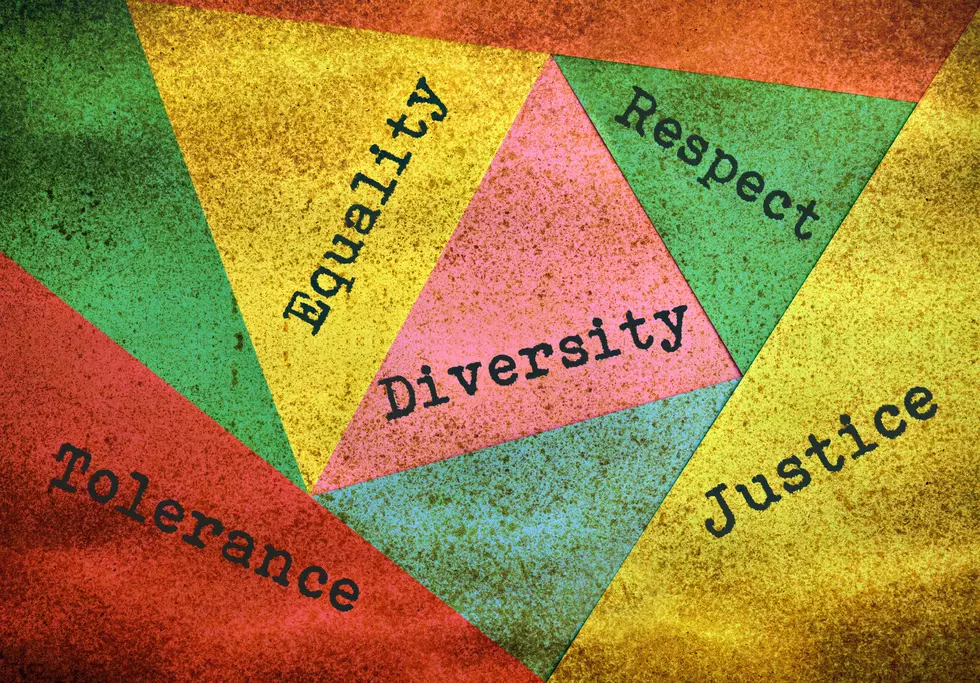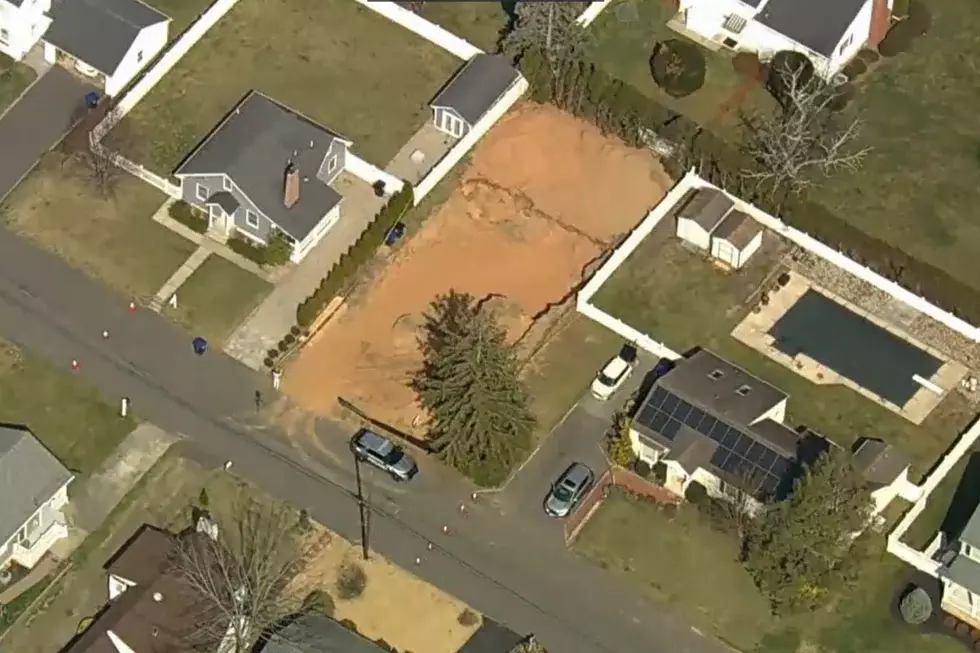
Most NJ residents, but few white Republicans, say racism a major problem
A new poll finds that a majority of New Jersey adults consider racism a major problem and believe that police treat Black people more harshly than white people.
John Froonjian, the executive director of the Hughes Center for Public Policy at Stockton University, said the survey finds 65% of respondents see racism and racial inequality as a major problem while 24% believe it’s a minor problem and 7% don’t think it’s a problem at all.
But he pointed out there are stark partisan differences — and people's race and income also tended to be a factor in their perceptions.
“Democrats overwhelmingly see racism as the major problem: 96%. But on the Republican side, only 27% say it’s a major problem,” he said. “Just about half (of Republicans) say it’s a minor problem, while 16% say racism is not a problem at all.
He said younger people especially expressed concern about racism as a major problem (81%).
Froonjian said the poll also finds 61% of New Jerseyans think police treat Black people more harshly than white people, while 28% think everybody is treated the same and 4% believe it's white people are being treated worse by police.
Among Black respondents, 96% say they are treated more harshly by police while 86% say that police violence is a major problem.
Among white respondents, just 44% believe police violence is a major problem.
While 83% of Democrats called police violence a major problem, only 14% of Republicans agree.
The poll also finds 86% of Democrats believe Blacks are treated more harshly, while 25% of Republicans think that is true.
“Every poll we seem to do now that looks at any issue is very strongly along partisan lines,” Froonjian.
Froonjian said income can also influence how people feel about these issues.
“For people who make less than $50,000, 82% see racism as a major problem but it drops to 57% if you make more than $100,000,” he said.
The Stockton Poll of New Jersey adults screened as likely voters was conducted Oct. 7-13. The poll, conducted by the William J. Hughes Center for Public Policy of Stockton University, has a margin of error of +/- 3.7 percentage points.
You can contact reporter David Matthau at David.Matthau@townsquaremedia.com
From Wuhan to New York City: A Timeline of COVID-19's Spread
More From New Jersey 101.5 FM









